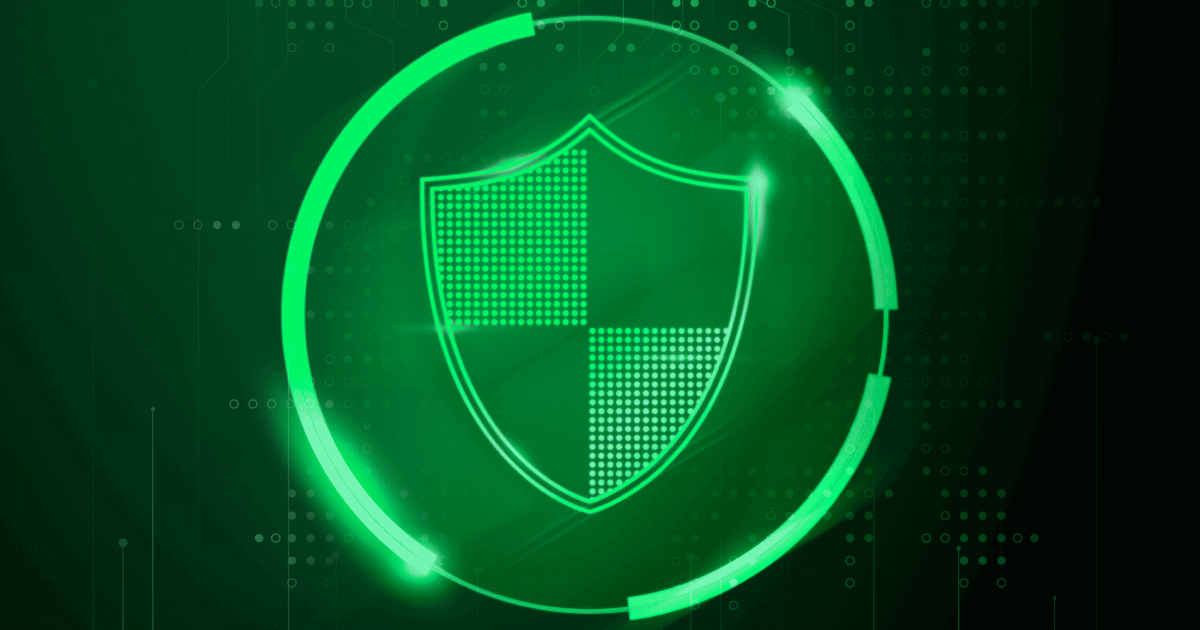Cybercrime is a rapidly growing problem that costs businesses billions each year. However, artificial intelligence is emerging as a powerful tool to help organizations stay one step ahead of hackers. This article explores how AI is revolutionizing cybersecurity by analyzing data to predict future attacks.
What is Cybercrime and Why is it a Problem?
Cybercrime involves using computers or the internet to commit illegal acts like identity theft, payment fraud, and malware distribution. It threatens the security and privacy of individuals, businesses, and governments worldwide. Some key issues caused by cybercrime include:
Financial losses
Cybercrime results in massive financial losses each year for businesses and individuals through theft and fraud.
Data breaches
Hackers steal sensitive data like payment information, passwords, health records through data breaches. This data is then sold on dark web markets.
Disruption of services
Malware and ransomware attacks can disrupt critical services by encrypting files or overloading websites with traffic.
Loss of trust
Data breaches undermine consumer trust in brands, especially if a breach occurred due to security lapses.
National security risks
State-sponsored hackers target governments and critical infrastructure to conduct espionage or sabotage operations.
How AI Predicts Cyber Attacks
AI leverages machine learning algorithms to analyze massive datasets and detect patterns that humans cannot. When applied to cybersecurity, AI can:
- Monitor network traffic in real-time to flag anomalies indicating malware, DDoS attacks or data exfiltration.
- Analyze login patterns to detect unauthorized access attempts from unknown locations/devices.
- Inspect website/app traffic to spot malicious bots, SQL injections and other exploits.
- Review event logs to find unusual admin activity, privilege escalation or lateral movement.
- Scan dark web forums/markets to uncover planned operations, stolen credentials or leaked sensitive data.
- Continuously learn from past incidents to improve threat detection and shorten response times for future attacks.
Types of Attacks AI Can Predict
AI is especially useful for predicting common yet constantly evolving cyber attacks like:
Phishing
AI detects subtle changes in phishing email content, links or attachments that bypass traditional defenses.
Ransomware
Changes in file access patterns or unusual encryption activity within systems is flagged.
Malware
Downloads/installation of new unrecognized software or unusual processes/communications stand out.
Credential theft
Repeated failed login attempts or access from new untrusted locations/IP addresses.
DDoS attacks
Spikes in web traffic volumes or unusual traffic patterns pointing to botnet activity.
Insider threats
Abnormal admin privileges escalation, sensitive data access from rogue insider accounts.
The Future of AI and Cybersecurity
As AI models are exposed to more data and incidents over time, their ability to detect even the most sophisticated new threats will continue growing. AI also helps automate threat response by isolating compromised systems, revoking stolen credentials, and sharing indicators of compromise across networks in real-time. Looking ahead, AI will become a critical part of proactive “predict and prevent” strategies instead of just reactive incident response. To maximize protection, AI must be combined with other controls like encryption, patching, segmentation, detection systems and user awareness training. With a holistic security program powered by AI, organizations can finally gain an edge over cybercriminals.
In conclusion, AI is revolutionizing cybersecurity by analyzing vast amounts of data to predict future attacks. By continuously learning patterns of both past and ongoing incidents, AI helps cut through noise to flag even subtle signs of intrusions for human analysts. As AI models are exposed to more data over time, their ability to detect threats will continue improving. When combined with other security controls, AI has the potential to transform cybersecurity from reactive to proactive by helping predict and prevent attacks before damage occurs.



